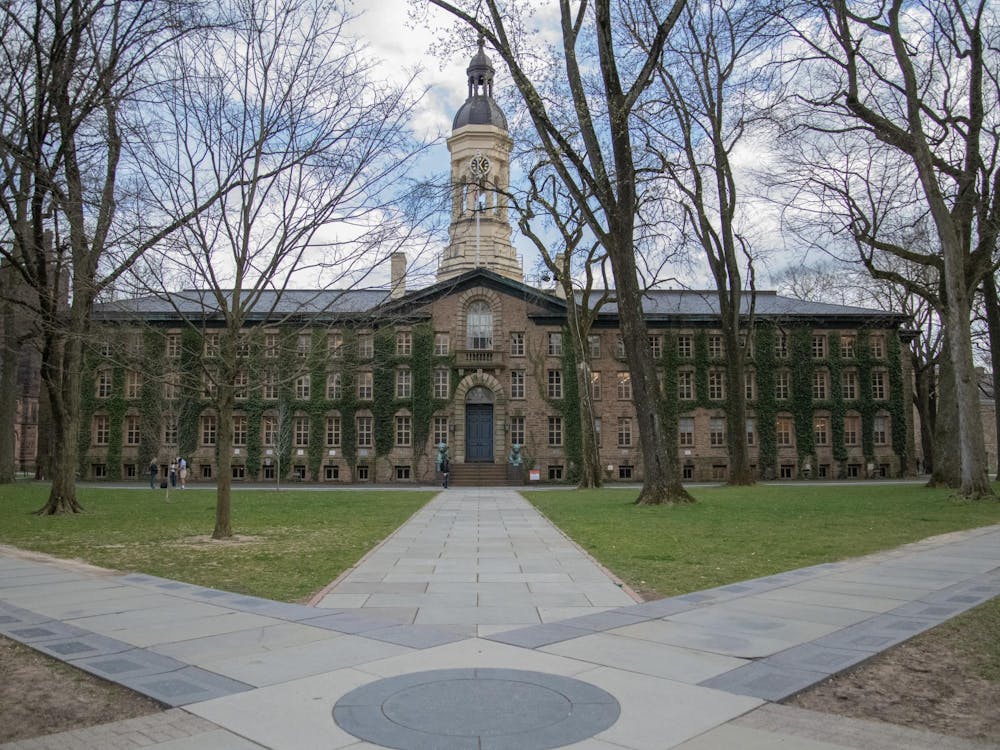Roughly 40 percent of students who applied to become residential college advisers for the 2015-16 year, including both returning and new applicants, were offered positions on Wednesday, Associate Dean of Undergraduate Students Michael Olin said.
Between all the residential colleges, there were 51 positions left open by graduating seniors, Olin said. Butler College had 10 new RCAs, Wilson College had 10, Whitman College had nine, Mathey College had nine, Forbes College had eight and Rockefeller College had five.
The acceptance rate for new candidates was closer to 20 percent, because a vast majority of RCAs who are juniors elected to re-apply for a second year, according to Olin.
“It’s not guaranteed. They do have to apply. The only difference now is they don’t have to submit recommendation letters,” Olin said of applicants who had already served one year as RCA, whose chances of being rehired are good as long as responsibilities are fulfilled in a “satisfactory manner.”
The Office of the Dean of Undergraduate Students oversees the application system, compiling and equally dividing the applicant pools among the residential colleges so that the acceptance rate is virtually the same for each one, Olin said.Meanwhile, the residential colleges arrange the interviews with RCA applicants and determine the number of RCAs and assistant residential college advisers that they need.
Applying to become an RCA typically involves a written application, interviews with the residential college staff, particularly the Master and Director of Student Life of a given college, and group interviews with senior RCAs, Olin said.
The process for reapplying to be an RCA for a second year is much shorter, Molly Fisch-Friedman ’16, currently an ARCA for Butler College, said. She said there are fewer, briefer interviews, focusing primarily on what returning RCAs and ARCAs learned in the past year and why they’re interested in reapplying.
As an ARCA, Fisich-Friedman arranges study breaks and primarily serves as a resource for the sophomores and upperclassmen who may receive less attention from the RCAs. ARCAs may also take over the position of an RCA who, for whatever reason, has to leave the position mid-year, Olin said.
“Typically a college will offer the ARCA position to somebody who is a really strong applicant but the college feels like, maybe based on that student’s other commitments or other factors, they might be better suited for an ARCA position,” Olin explained.
Olin described the ideal RCA candidate as a distinguished student with leadership roles or mentorship-type work in the past who is eager to give back to the University and residential colleges. Often the students most eager to give back in this way are students who either had very positive or very negative experiences with their own RCA as a freshman, Olin said.
“I had a lot of really great mentors as a freshman, between my RCA and just the other upperclassmen I knew, and I wanted to be able to give back and be the same mentoring role,” Fisch-Friedman said of her motivations for applying.

Students offered positions must make their decisions to accept or decline by Feb. 11. RCAs then participate in an internal room draw in which they select the hallways or entryways for which they'll serve as an RCA, Olin said. RCAs receive further training by ODUS and the residential colleges during several spring sessions, especially during reading period and also in September according to Olin.
Students not taken on as RCAs or ARCAs may be put on a waitlist, from which typically a few students are let off each year Olin said. He encouraged students not accepted as RCAs to persist in looking for ways to get involved on campus that use their skills and passions.
“There are so many other ways to be leaders on this campus and to have that mentoring role for freshmen through student groups, sports teams, clubs, whatever,” Fisch-Friedman explained, “Sometimes for students who don’t connect with their RCA or zee group as much, those other mentors they have can be just as important. So just because you’re not an RCA doesn’t mean you won’t get to do the same sort of thing RCAs get to do.”








